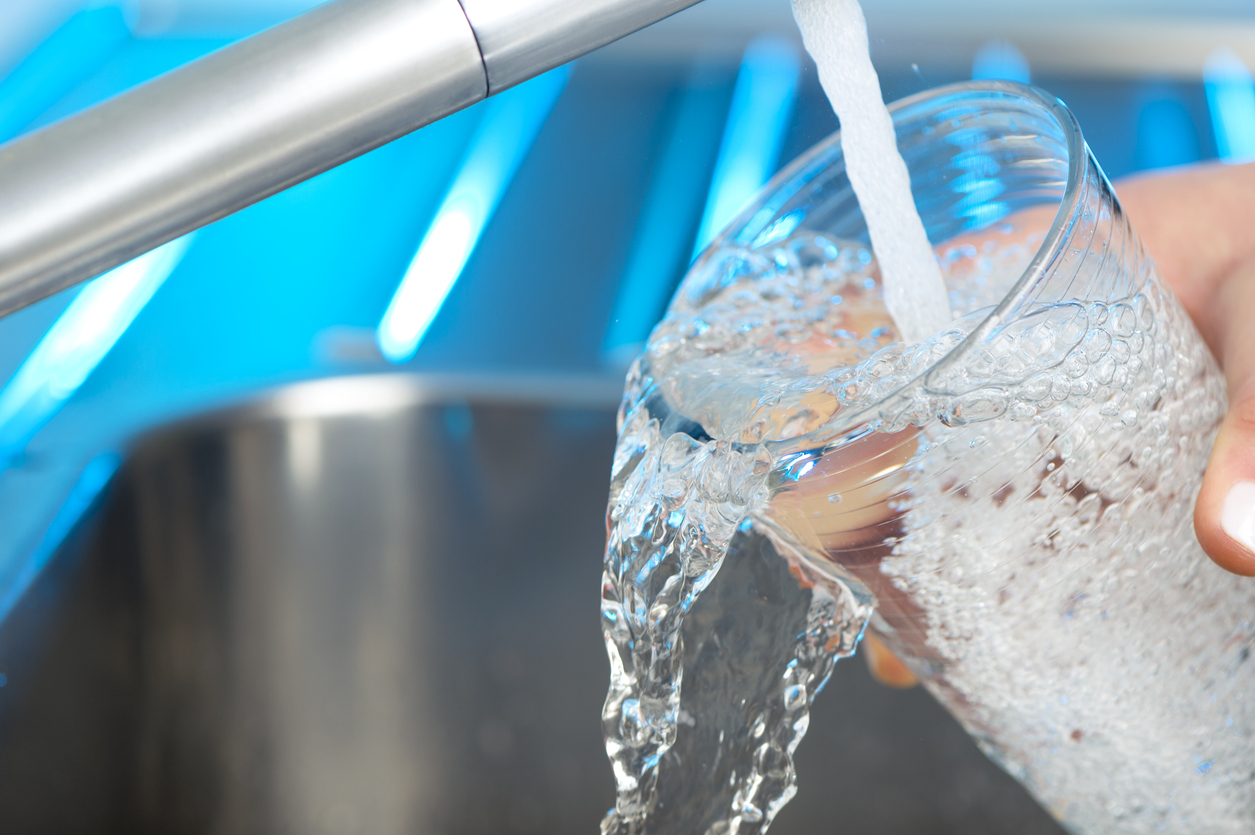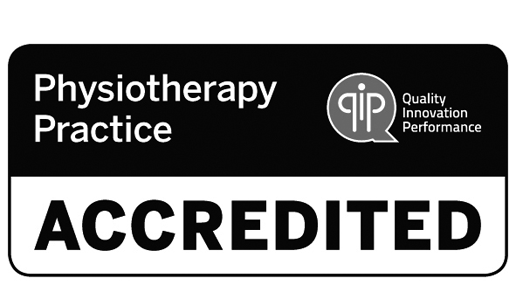Fluid Intake And OAB: Less Is More!
Key Messages
- There is no benefit in drinking 2L of water each day in patients without nephrolithiasis (kidney stone formation).
- Increased fluid intake can worsen OAB symptoms.
- Patients with OAB should drink enough water to avoid dehydration and kidney stone formation, but avoid excessive intake.
Many health professionals endorse drinking 2 litres of water each day, despite a lack of scientific evidence to support this1. In patients with overactive bladder (OAB), excessive fluid intake is known to exacerbate urinary frequency and urgency. A new systematic review has just been published, investigating fluid intake and OAB, and the results are fascinating.
Fluids: Fact Or Fiction?
There are many commonly held beliefs about fluid intake that have no basis in truth. These misconceptions are widespread in the community, so much so that we have developed our own “facts about fluids” patient resource.
The most common myth is that you should drink 2 litres of water a day. However, there is little scientific evidence to support this idea in a healthy individual1. Several authors have been unable to identify where this myth originated1, however it is continuously perpetuated by the health and wellness industry. The Institute of Medicine gives guidelines about fluid intake, but many patients fail to realise that this includes fluid from food2.
Who Needs More Water?
Wood and her team recently published a systematic review investigating the health benefits of increasing fluid intake, and aimed to identify populations who need to drink more, and those who don’t. They found level 1 evidence supporting increased fluid intake in patients with nephrolithiasis, but no evidence supporting increased intake in patients with cardiovascular disease, constipation, venous thromboembolism, headaches, cognitive function or bladder cancer3. However, dehydration was found to exacerbate chronic constipation and headache intensity3.
Fluid Intake And OAB
They also looked specifically at studies surrounding fluid intake and OAB. A prospective RCT found that reducing fluid inake by 25% led to an improvement in symptoms of urinary frequency, urgency, and nocturia4. Another RCT found that reducing daily fluid intake from 1600ml to 870ml significantly improved quality of life and reduced frequency and urgency, and increasing fluid intake led to increased incontinence5. Conversely, a systematic review published in 2015 found that increasing fluid intake doesn’t effect urinary urgency, but does lead to an increase in urinary frequency6.
So What Should We Recommend?
The current literature suggests that there is no benefit in drinking 8 glasses of water per day in patients without nephrolithiasis, and that excessive fluid intake can lead to worsening symptoms of OAB. This challenges the commonly advocated theory that drinking less fluid leads to concentrated urine irritating the bladder urothelium. This review suggests that patients be counselled to drink enough water to prevent dehydration and kidney stone formation but avoid excessive fluid intake as this will likely worsen their symptoms of OAB.
References
1 Valtin H. (2002). "Drink at least eight glasses of water a day." Really? Is there scientific evidence for "8 x 8"? Am J Physiol Regul Integr Comp Physiol, 283, R993.
2 Institute of Medicine: Dietary Reference Intakes for Water, Potassium, Sodium, Chloride, and Sulfate. Washington, D.C.: The National Acade- mies Press 2005.
3 Wood, L., Markowitz, M., Parameshwar, P., Hannemann, A., Ogawa, S., Anger, J., & Eilber, K. (2018). Is it safe to reduce water intake in the overactive bladder population? A systematic review. The Journal of Urology, 200, 375-381.
4 Hashim H & Abrams P. (2008). How should patients with an overactive bladder manipulate their fluid intake? BJU Int, 102, 62.
5 Swithinbank L, Hashim H, & Abrams P. (2005). The effect of fluid intake on urinary symptoms in women. J Urol, 174, 187.
6 Callan L, Thompson DL & Netsch D. (2015). Does increasing or decreasing the daily intake of water/fluid by adults affect overactive bladder dehydration prior to thrombosis symptoms? J Wound Ostomy Continence Nurse, 42, 614.
March 2019





